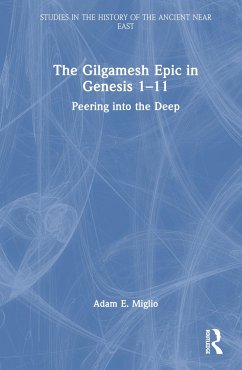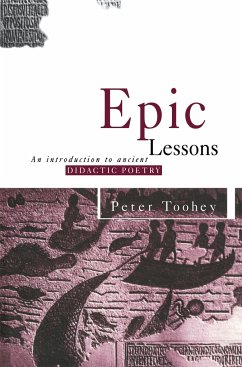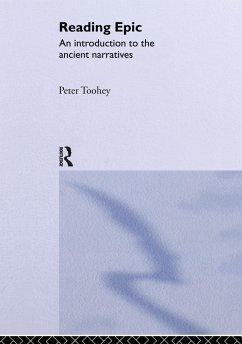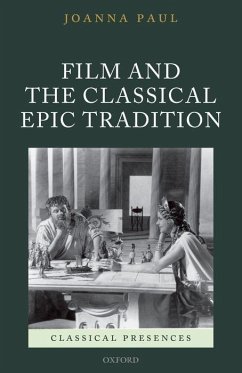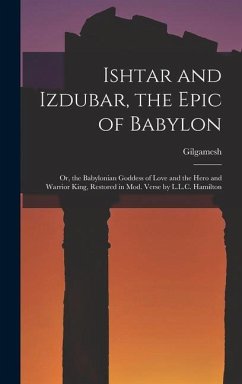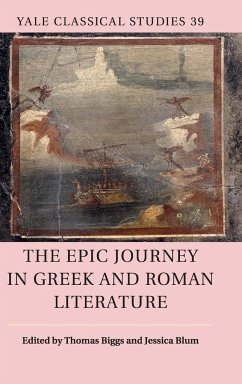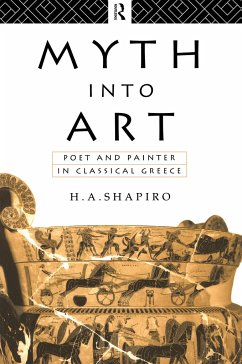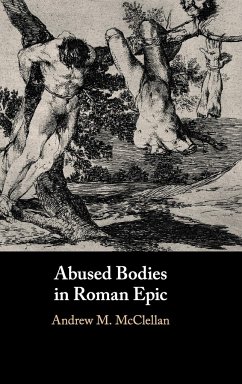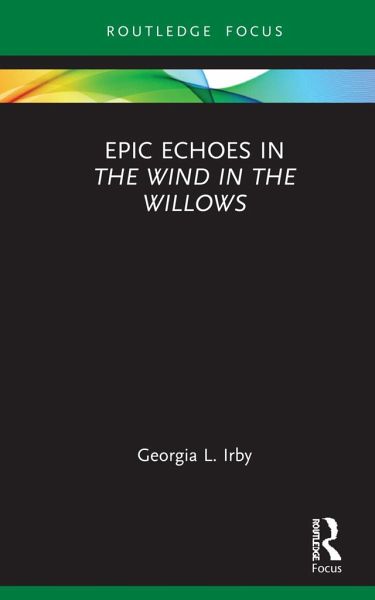
Epic Echoes in The Wind in the Willows
Versandkostenfrei!
Versandfertig in 1-2 Wochen
64,99 €
inkl. MwSt.
Weitere Ausgaben:

PAYBACK Punkte
32 °P sammeln!
This book explores Grahame's engagements with classical antiquity in The Wind in the Willows, including ancient epic, parody (Batrachomyomachia), and pastoral imagery. Irby demonstrates how subtle echoes - such as the structure into 12 books, arming scenes, epic catalogues, anabases and katabases, lying tales, Toad's "cleverness"-cumulatively suggest a link between The Wind in the Willows and classical literature. This study offers the first sustained treatment of classical allusions in The Wind in the Willows, considering the entire novel, not isolated scenes, building on existing scholarship...
This book explores Grahame's engagements with classical antiquity in The Wind in the Willows, including ancient epic, parody (Batrachomyomachia), and pastoral imagery. Irby demonstrates how subtle echoes - such as the structure into 12 books, arming scenes, epic catalogues, anabases and katabases, lying tales, Toad's "cleverness"-cumulatively suggest a link between The Wind in the Willows and classical literature. This study offers the first sustained treatment of classical allusions in The Wind in the Willows, considering the entire novel, not isolated scenes, building on existing scholarship to yield an interpretation through the lens of classical literature and its reception in Victorian and Edwardian England. This volume will provide a unique resource for students and scholars of classical reception and literature, as well as comparative literature, English literature, children's literature, gender studies, and Grahame's writing.





